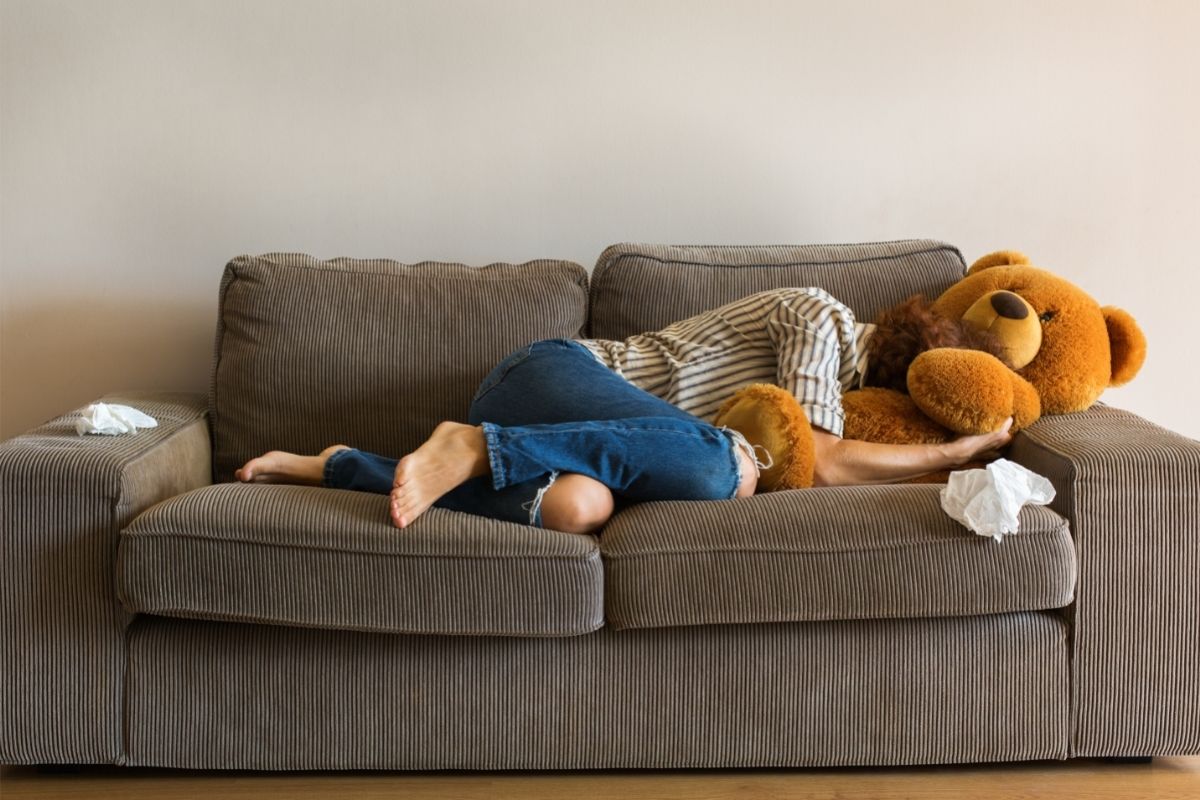Can Extroverts Have Social Anxiety?

Here’s a rewritten version of the article, preserving the HTML and following the guidelines you provided:
Introverts vs Extroverts: Busting the Social Anxiety Myth
Let’s clear up the confusion about introverts and extroverts once and for all!
These terms have gotten twisted over the years. Many folks think it’s just about being shy versus outgoing. But there’s way more to the story.
Extroverts aren’t just confident social butterflies. They’re people who get energized by hanging out with others. Being the life of the party gives them a real boost. Introverts, on the other hand, recharge their batteries by flying solo.
Now, here’s a shocker – even extroverts can struggle with social anxiety. Yep, you heard that right! Let’s dive into why.
What Makes an Extrovert Tick?
Extroverts are like social sponges. They soak up energy from being around others. Picture that friend who’s always up for a party or planning the next big get-together. That’s your typical extrovert.
These folks don’t need much alone time to “recharge”. In fact, too much solo time can leave them feeling drained. They thrive in crowds and love being the center of attention.
Social Anxiety: The Invisible Party Crasher
We all know someone who gets nervous in social situations. Heck, maybe that someone is you! Social anxiety is super common, whether it’s a one-time thing or a constant battle.
It can make you feel like everyone’s watching your every move. For some, it’s just a bit of awkwardness when meeting new people. For others, it can be so bad they avoid social situations altogether.
Can Extroverts Really Get Social Anxiety?
You bet they can! It might seem weird, but being an extrovert doesn’t make you immune to social fears.
Extroverts thrive on relationships, but that can make them extra worried about what others think. They might stress about saying the wrong thing or looking silly.
Here’s the kicker – social anxiety can hit anyone, no matter how outgoing they seem. It’s all about the fear of being judged, and that can happen to extroverts too.
This creates a tricky situation for extroverts. They need social time to feel good, but if it comes with a side of anxiety, it can really bring them down.
Spotting Social Anxiety in Action
Social anxiety is a whole different beast from regular anxiety. It’s not about having a bad day or stressing over a test. It’s all about feeling judged by others.
If you start feeling panicky at parties or worried about what people think of you, that might be social anxiety knocking.
Some common fears include:
– Meeting new people
– Making small talk
– Public speaking
– Group discussions
These fears can be tough to shake, especially if they’re rooted in childhood experiences.
Tackling Social Anxiety Head-On
Don’t worry, there’s hope! Here are some tips to help you kick social anxiety to the curb:
People-Watch and Learn
Take a closer look at how folks interact. Not everyone’s going to be your best friend, and that’s okay. Some conversations will flow easily, others might take more effort.
Dig Deep into Your Reactions
When someone makes you uneasy, try to figure out why. Are you jumping to conclusions? Our nerves can play tricks on us sometimes.
Start Small and Build Up
Practice with people you trust. Start with a simple “hi” instead of a wave. Make eye contact, ask questions, tell jokes. Baby steps!
Face Your Fears
Avoiding social situations might seem easier, but it won’t solve the problem. Make it your mission to improve your social skills. Your success in life doesn’t depend on your personality alone.
Find a Trusty Confidant
Talk about your worries with a friend who’ll really listen. They can offer support and encouragement when you’re facing tough situations.
Lend a Helping Hand
Volunteering is a great way to meet new people and boost your confidence. Plus, helping others just feels good!
Step Out of Your Comfort Zone
Join groups or activities that push you to interact more. It might be uncomfortable at first, but that’s where real friendships can bloom.
Try Mindfulness
Mindfulness techniques can help you focus on the present moment instead of worrying about what might happen. It’s been shown to reduce stress and social anxiety.
The Bottom Line
So there you have it – extroverts can absolutely struggle with social anxiety. It’s not about being introverted or extroverted, it’s about how we handle social situations.
A little nervousness is normal, but if it’s holding you back from living your best life, don’t be afraid to seek help.
This guide is perfect for anyone who’s ever felt out of place in social situations, whether you’re an extrovert, introvert, or somewhere in between. Remember, you’re not alone in this!
v

Author: Michelle Landeros, LMFT
Michelle Landeros is a Licensed Marriage Family Therapist (LMFT). She is passionate about helping individuals, couples and families thrive.








